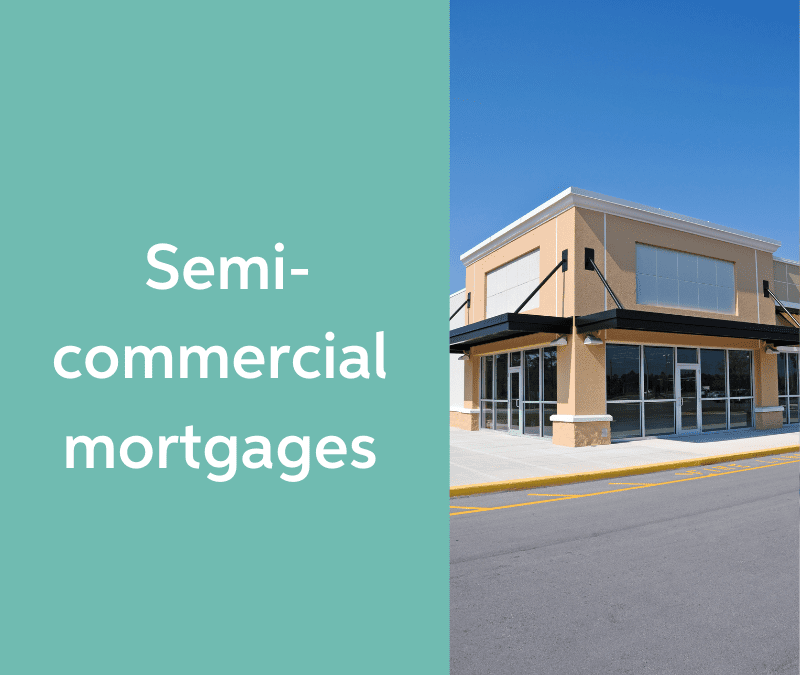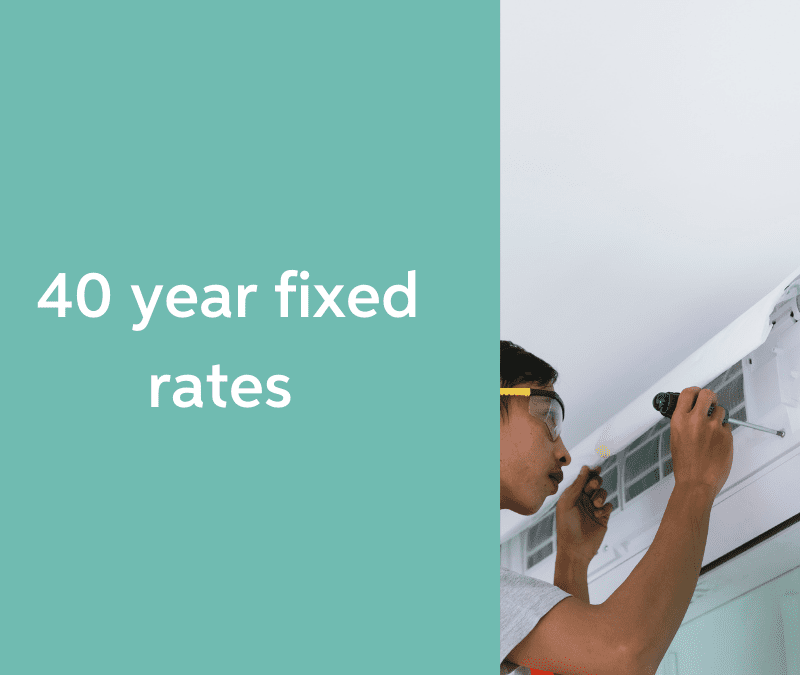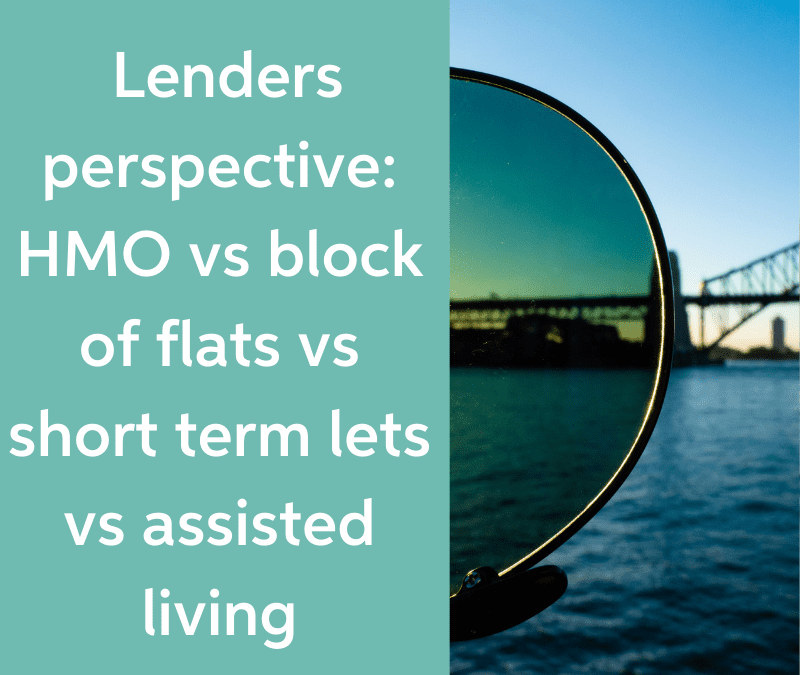Semi-commercial mortgages

A semi-commercial mortgage is designed for securities that consist of both residential and commercial elements. They cover a wide array of properties, including shops, offices, restaurants or pubs with flats above, as well as guest houses with living spaces. Typically funded by a commercial lender, pricing is cheaper than that of a purely commercial property. Investors are drawn to semi-commercial as they are exempt from the 3% stamp duty surcharge and having multiple tenants can de-risk the complete loss of rent. Lenders in this market space can be broken down into three main groups, high street banks, challenger banks and specialist lenders.
High street banks will offer the cheapest rates priced on a bespoke basis, albeit the loan-to-value (LTV) may be lower than that of the other two routes. Criteria and the affordability assessment are tougher, with lenders looking for experienced applicants, long leases, strong tenants and higher quality securities. Challenger banks and specialist lenders will typically be more flexible than the high street options regarding the above factors as well as being comfortable with interest only lending.
Affordability calculations vary with no universal approach, but lenders will ensure the investment is viable. If you are planning on letting a unit, they will assess based on the expected rental income and you should be prepared to provide copies of any leases or AST’s. During the pandemic lenders stances on semi-commercial property has been adapting quickly to lockdown restrictions and its impact on different sectors. They will factor in how a commercial tenant has been impacted during this period and the likely effects moving forward. If you plan to use the commercial aspect for the running of your own business, they will want to see that the projected income of the business is sufficient to cover the loan. For businesses with an existing track record be prepared to provide 2 years accounts and between 3-6 months of business bank statements.
It is important to engage a mortgage broker that understands this space and how to present your application to a lender to maximise the chance of success. When using a challenger bank, you need at least 25 to 30% deposit. At time of writing (28th of June 2021), Hampshire Trust Bank have a 75% LTV product priced at 5.1% on a 2-year fixed and 5.2% on a 5-year fixed for loans over £200,000. The lender arrangement fee is 2%. Interbay have a 70% LTV product priced at 5.29% for a 2-year fixed and 5.39% for a 5-year fixed with 1.5% lender arrangement fee which drops to 1.25% for existing borrowers. If we look at options with building societies Monmouthshire have a 4.54% 2-year fixed at 70% LTV with a 1.5% lender arrangement fee.
Your home may be repossessed if you do not keep up repayments on your mortgage.
Some forms of buy to let mortgages and some forms of commercial lending are not regulated by the Financial Conduct Authority.
Lee Langley is the Principal Mortgage and Protection Adviser at OnPoint Mortgages. OnPoint Mortgages a trading style of L&D Mortgages Limited is an appointed representative of The On-Line Partnership Limited which is authorised and regulated by the Financial Conduct Authority. Registered address: 25 Homefield Road, Bushey, Hertfordshire, WD23 3AP. Registered in England & Wales under 10500099





